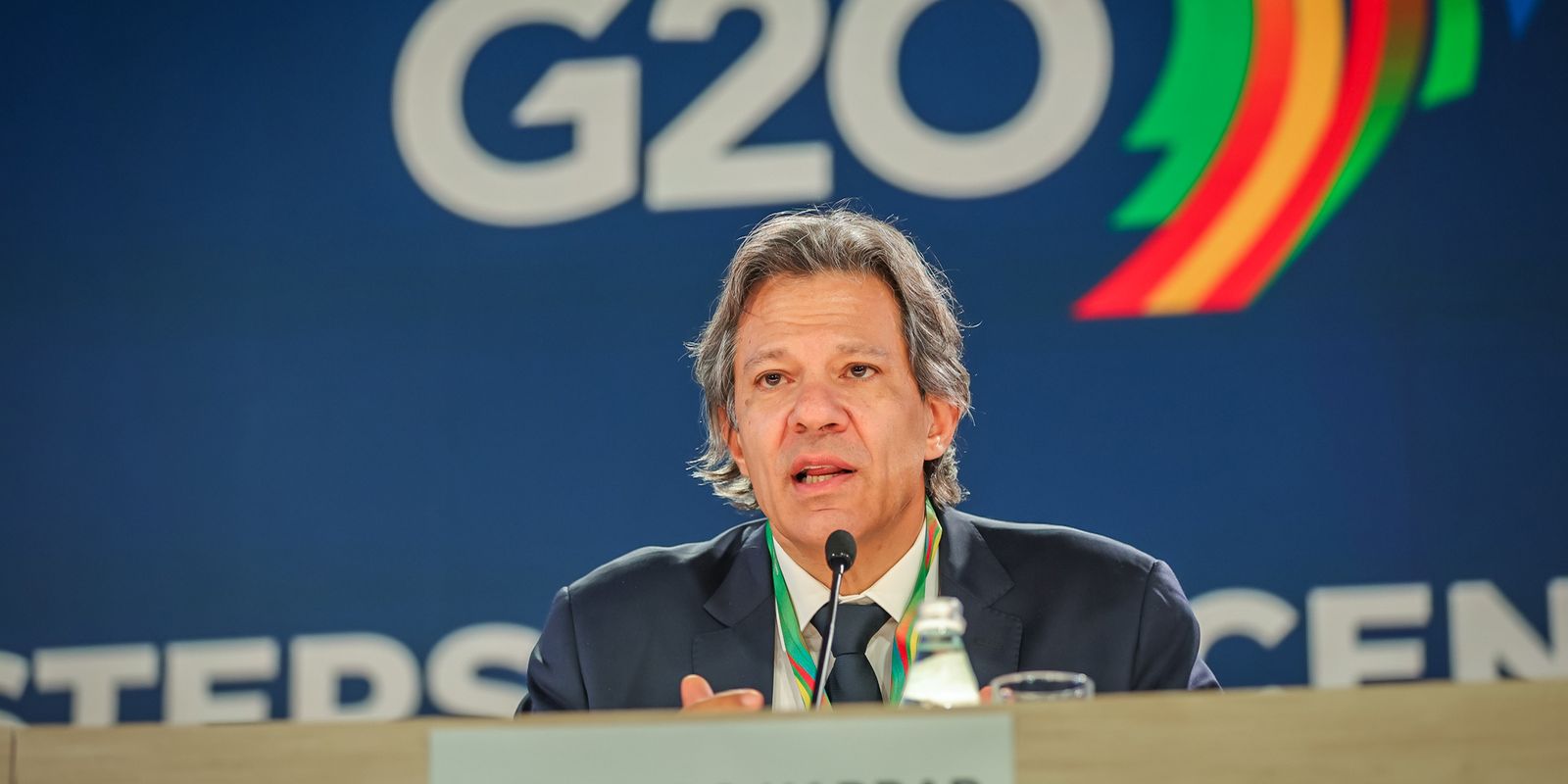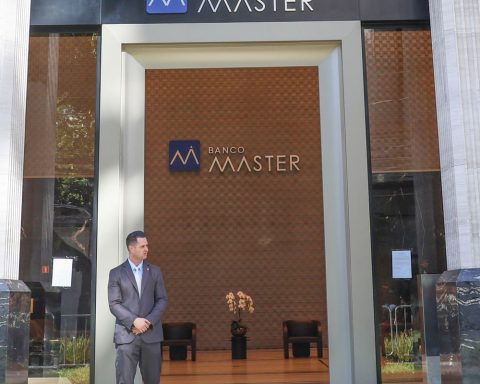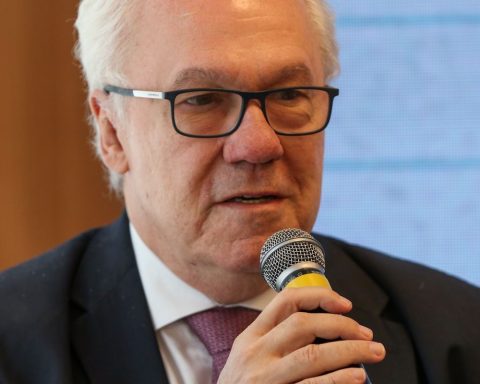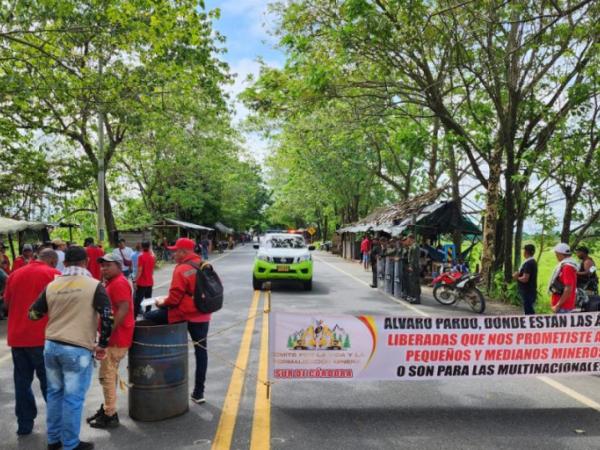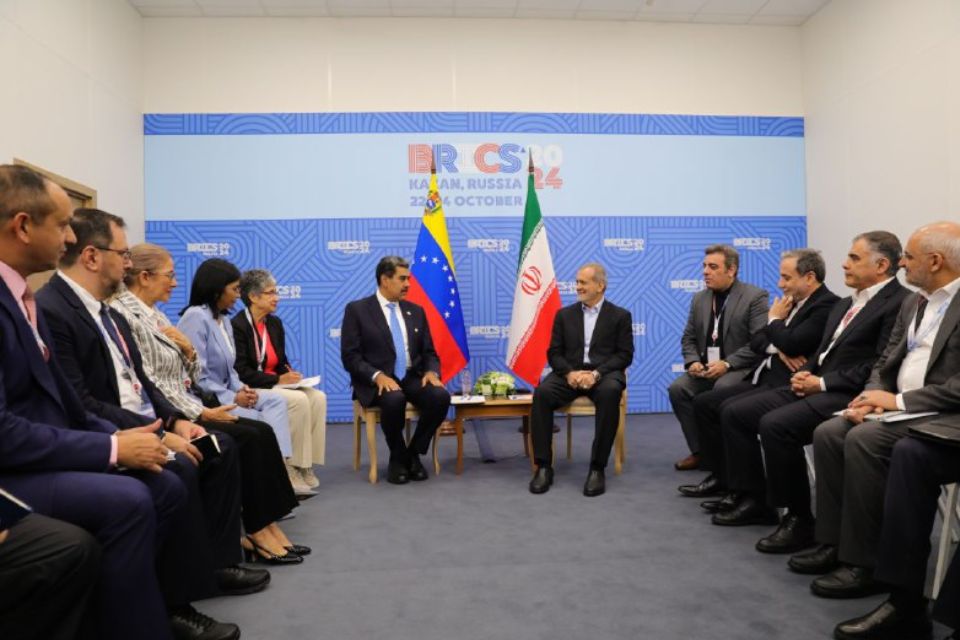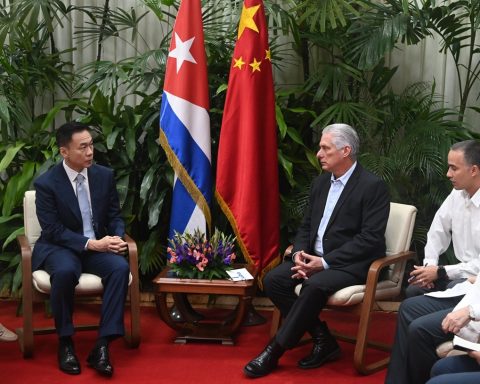The Minister of Finance, Fernando Haddad, committed to strengthening the fiscal framework in force since last year, if necessary. Accompanied by the president of the Central Bank (BC), Roberto Campos Neto, Haddad clarified that it is not necessary to reformulate the new rules, but to show that they are sustainable in the medium and long term.
“It is the strengthening of a decision that has already been taken. It is different from blocking and contingency measures, which are temporary to ensure that the law approved by our government is respected. We are working on structural issues”, said Haddad, at a press conference in Washington at the meeting of finance ministers and central bank presidents of the G20 (group of the 19 largest economies on the planet, plus the European Union and the African Union).
Regarding the mandatory spending cut package scheduled to be announced in NovemberHaddad did not give details, but said that the measures under study are necessary to reinforce the parameters of the fiscal framework, such as spending limits and primary deficit targets.
“From my point of view, it is not about [o arcabouço fiscal] be reformulated. It is about being reinforced, guaranteeing economic agents, workers, businesspeople, citizens, in general, investors, that those terms, those parameters are dynamically credible, in the medium and long term”, added the minister.
Central Bank
Alongside Haddad, the BC president highlighted the importance of fiscal measures to minimize the financial market’s concern with public accounts. Despite tensions linked to the North American elections and interest rates in the United States, part of the turbulence is due to investors’ distrust in compliance with the fiscal framework.
“We will have some announcements in the short term that will partially address this market reaction in relation to the fiscal issue”, declared Campos Neto.
In recent months, the dollar has risen and the stock market has fallen. Although he reported the need for fiscal measures, the BC president said that market prices “are exaggerated”. According to Campos Neto, the planet faces a global challenge of dealing with the growth of government debt after the covid-19 pandemic, and Brazil is performing “above average” in seeking to rebalance public accounts.
“One of the conclusions of the IMF meetings [Fundo Monetário Internacional] in Marrakech [Marrocos, em 2023] was that global debt and spending were growing too much. The world handled the Covid-19 pandemic very well, but they were expensive programs, and the world would have to address this problem sooner or later. When we look at what Brazil did, Brazil is above average. I have said this. I think market prices are exaggerated at the moment”, stated the BC president.
Financial track
This week, Haddad and Campos Neto participate in IMF and World Bank meetings in the North American capital. At the same time, the two chaired the 4th meeting of the G20 finance track, which brings together finance ministers and presidents of the group’s central banks, whose presidency Brazil holds until November.
In the final communiqué of the meeting, the G20 countries expressed optimism regarding the economic slowdown in most countries after a post-pandemic recovery phase. According to the document, the group’s Finance chiefs showed confidence in a “soft landing” for the global economy. The document, however, cited challenges, such as combating protectionism in several advanced economies, which hampers the recovery of poorer countries.
